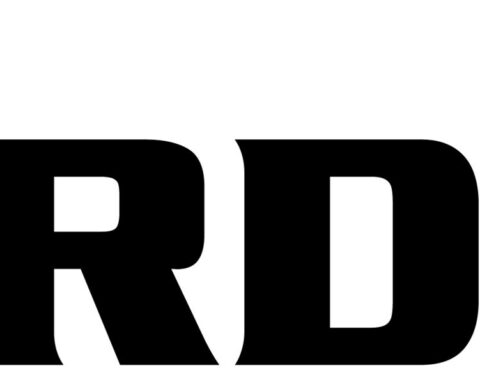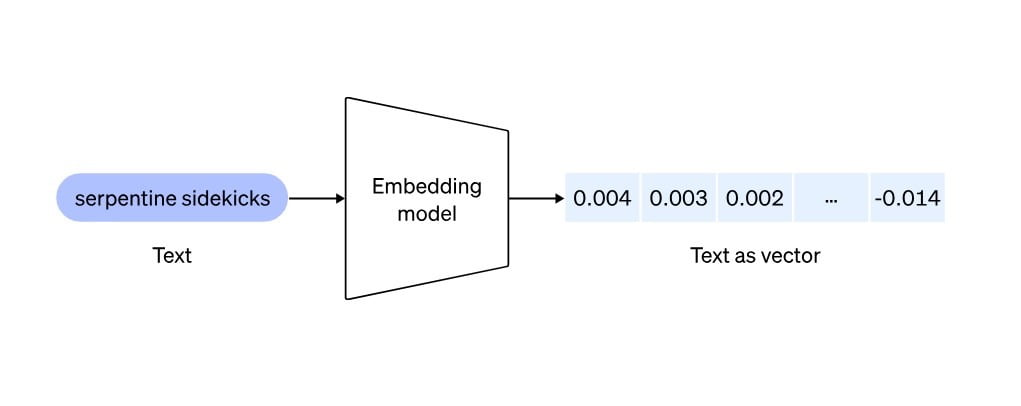Last Updated on January 28, 2024 6:58 pm by Laszlo Szabo / NowadAIs | Published on January 28, 2024 by Laszlo Szabo / NowadAIs
Market segmented by Component (Software, Hardware, and Services), End-user (Machine learning, Natural language processing, Computer vision, and Context-awareness computing), and Geography (North America, Europe, APAC, Middle East and Africa, and South America).
NEW YORK, Jan. 28, 2024 — The global aerospace artificial intelligence market size is estimated to grow by USD 4.69 billion from 2023 to 2028, according to Technavio. The market is estimated to grow at a CAGR of 43.6% during the forecast period. It is also estimated to register a 40.42% YOY growth during 2024.
For more insights on the historical data (2018 to 2022) and forecast size (2024 to 2028) – Request a sample report
Technavio has segmented the market based on Component (Software, Hardware, and Services), End-user (Machine learning, Natural language processing, Computer vision, and Context-awareness computing), and Geography (North America, Europe, APAC, Middle East and Africa, and South America).
- The software segment is poised for substantial growth during the forecast period. AI software plays a pivotal role in crafting and managing autonomous systems for unmanned aerial vehicles (UAVs), drones, and spacecraft. These systems depend on advanced AI algorithms to navigate, detect and evade obstacles, and make real-time decisions, marking a key driver for the expansion.
By geography, the market is segmented into North America, Europe, APAC, Middle East and Africa, and South America. The report provides actionable insights and estimates the contribution of all regions to the growth of the global aerospace artificial intelligence market.
- North America will contribute 36% to the growth during the forecast period.
Insights on the contribution of various segments including country and region wise historic data (2018 to 2022), and forecast size (2023 to 2028) – Download a Sample Report
The surge in global air traffic drives growth. With rising flights, efficient air traffic management is crucial, and AI solutions optimize flow, reduce congestion, and enhance overall efficiency. The demand for sophisticated solutions to optimize flight operations, coupled with AI’s role in developing autonomous aerial vehicles and improving customer experiences, fuels the growth. Moreover, AI analytics tools manage the substantial data generated by increased air traffic, aiding decision-making and enhancing aviation management, says a senior analyst at Technavio.
“The emergence of NLP for cockpit interaction is the latest trend fueling the growth, while the concerns associated with data security and privacy may hamper the growth.”, says a senior analys of Technavio
Insights on Drivers, trends, & Challenges- Request a sample report!
What are the key data covered in this report?
- CAGR during the forecast period
- Detailed information on factors that will drive the growth between 2024 and 2028
- Precise estimation of the Market size and its contribution to the parent market
- Accurate predictions about upcoming trends and changes in consumer behavior
- Growth of the industry across North America, Europe, APAC, Middle East and Africa, and South America
- A thorough analysis of the competitive landscape and detailed information about vendors
- Comprehensive analysis of factors that will challenge the growth of vendors
Gain instant access to 17,000+ market research reports.
Technavio’s SUBSCRIPTION platform
Recent Technological Trends
The Aerospace Artificial Intelligence (AI) Market leverages AI, machine learning, and computer vision to enhance autonomous systems, UAVs, flight control, and avionics. It incorporates data analytics, predictive maintenance, and robotics, ensuring efficient navigation, communication, and cybersecurity. Utilizing emerging technologies like quantum computing, the industry also integrates swarm intelligence, geospatial intelligence, and edge and cloud computing for advanced air traffic management and system integration.
Related Reports:
The aerospace robotics market size is estimated to grow at a CAGR of 9.2% between 2023 and 2027. The size is forecast to increase by USD 1,587.85 million.
The aerospace coatings market size is estimated to grow at a CAGR of 7.1% between 2022 and 2027. The size is forecast to increase by USD 924.3 million.
ToC
1 Executive Summary
2 Market Landscape
3 Market Sizing
4 Historic Market Size
5 Five Forces Analysis
6 Segmentation by Component
7 Segmentation by End-user
8 Customer Landscape
9 Geographic Landscape
10 Drivers, Challenges, and Trends
11 Vendor Landscape
12 Vendor Analysis
13 Appendix
About US
Technavio is a leading global technology research and advisory company. Their research and analysis focus on emerging trends and provide actionable insights to help businesses identify opportunities and develop effective strategies to optimize their positions. With over 500 specialized analysts, Technavio’s report library consists of more than 17,000 reports and counting, covering 800 technologies, spanning 50 countries. Their client base consists of enterprises of all sizes, including more than 100 Fortune 500 companies. This growing client base relies on Technavio’s comprehensive coverage, extensive research, and actionable insights to identify opportunities in existing and potential markets and assess their competitive positions within changing scenarios.
Contact
Technavio Research
Jesse Maida
Media & Marketing Executive
US: +1 844 364 1100
UK: +44 203 893 3200
Email: media@technavio.com
Website: www.technavio.com
SOURCE Technavio












